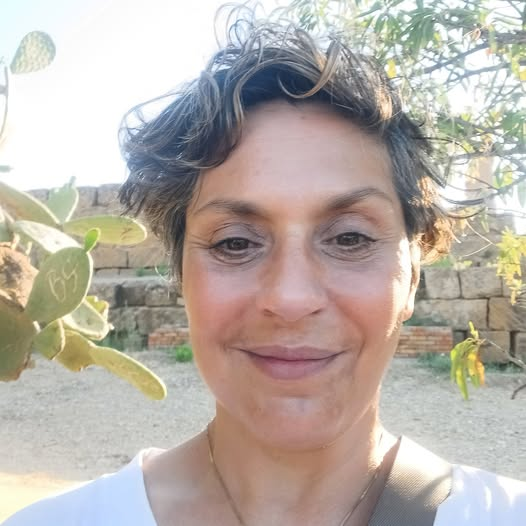Dr. Nancy Spina, Assistant Professor of Education at Cape Breton University, is shining a much-needed light on the intersection of homelessness and identity through a new research project focused on LGBTQIA+ Homelessness, Embodiment and School Disengagement in Cape Breton. Recently awarded the internal Research, Innovation, Scholarship and Exploration (RISE) grant to launch the project, Dr. Spina is focusing on an area that is both under-researched and deeply personal.

Dr. Spina's project seeks to understand the factors contributing to the school disengagement of 2SLGBTQIA+ homeless youth living in Cape Breton. "Research has highlighted the effects of educational marginalization on unhoused youth's academic achievements," she explains. "Despite the rise of youth homelessness on Cape Breton Island, there is a lack of research focused on the educational experiences and school disengagement of this group, and in particular, individuals belonging to the 2SLGBTQIA+ community. This study seeks to fill this gap."
Though the research is still in its organizational phase, Dr. Spina is already building the foundation for what will be a collaborative and community-focused project. Dr. Spina works closely with The Youth Project, a Sydney-based organization providing support and services to youth around issues of sexual orientation and gender identity. Eight 2SLGBTQIA+ homeless youth affiliated with The Youth Project will participate in a focus group and body mapping.
Motivated by how societal marginalization is reproduced in schools, Dr. Spina is diving into the lived experiences of queer homeless youth whose voices are often missing from academic and policy conversations. "Homeless youth are aware of the importance of education to end cycles of homelessness and poverty, yet the levels of school disengagement are very high for this group," shares Dr. Spina. With youth homelessness on the rise in Cape Breton, and queer youth disproportionately affected, her work arrives at a crucial moment.
What excites Dr. Spina most is the opportunity to challenge how we understand school spaces and their role in shaping belonging and exclusion. Dr. Spina uses body mapping, an arts-based method that allows participants to reflect on their lived experiences, feelings and knowledge in school through body outlines, colours, images and words.
Ultimately, Dr. Spina hopes the findings will prompt a more meaningful conversation about inclusive education in the context of Nova Scotia. "My goal is to centre issues of homelessness in the broader discourse of education," she says. Dr. Spina is hopeful that the participating youth will also contribute some insights that could help shape more robust conversation with schools about how to support homeless queer youth and support their educational success materially.
This project is one in which community members are central to its realization. "The various folks with whom I work on this project, such as the student research assistant, the social worker and the art therapist, are either members of the 2SLGBTQIA+ community or have experienced homelessness," Dr. Spina says. "They are also familiar with the educational obstacles queer homeless youth experience through their work within the local school system."
Supported by CBU's Office of Research and Graduate Studies and the broader academic community, Dr. Spina's study stands as an example of how research can connect the classroom, the campus and the community and spark conversation where it is needed most. "The project would not have been possible without the enthusiasm, insights and expertise of Madonna Doucette, the director of The Youth Project, a fierce 2SLGBTQIA+ youth and social justice advocate," adds Dr. Spina. "This project is a launching pad that allows me to work on issues of educational access and equity for homeless youth within the broader context of the province."












